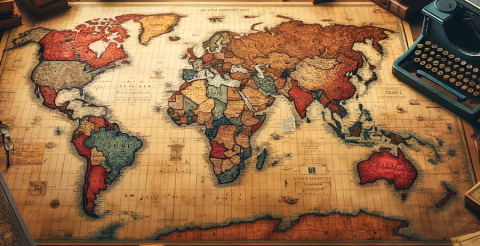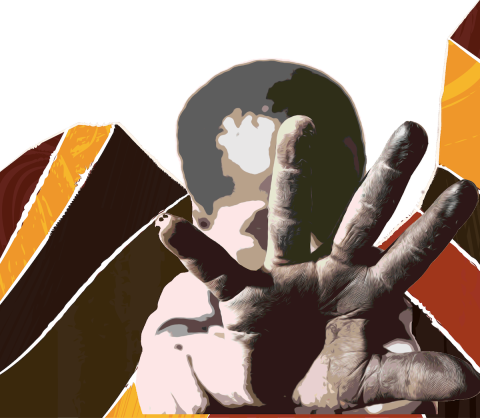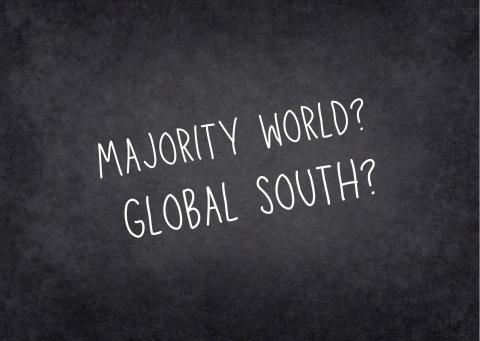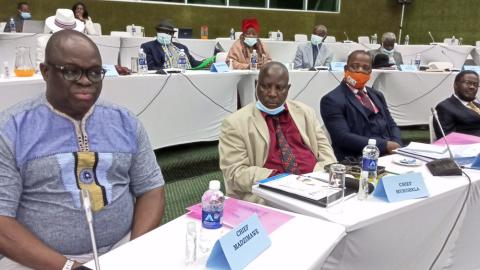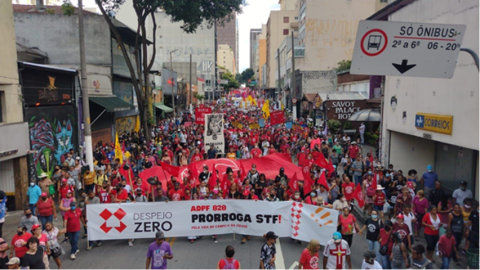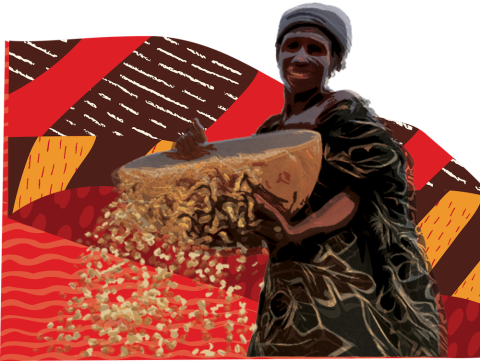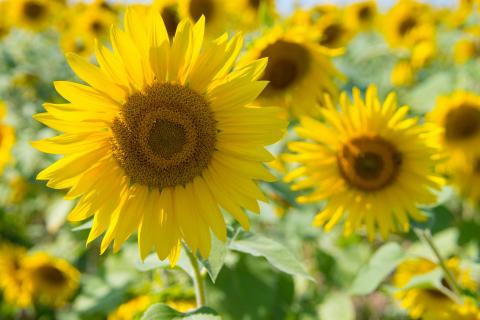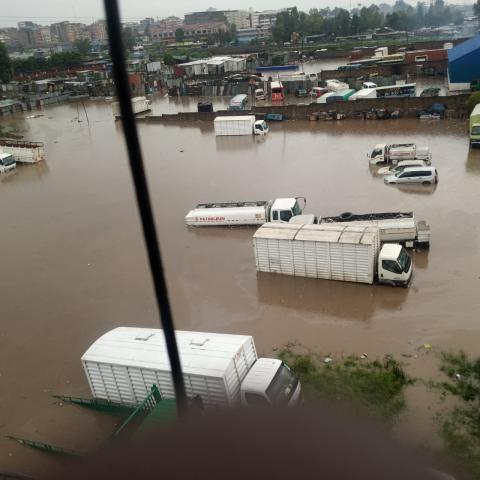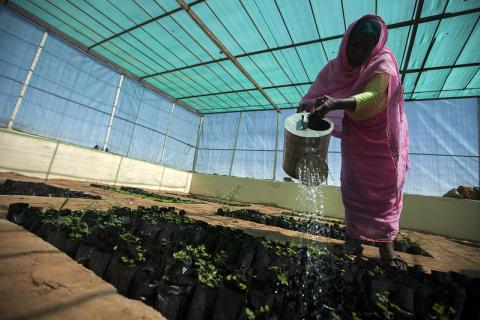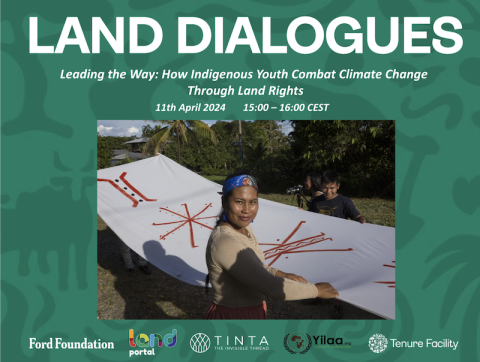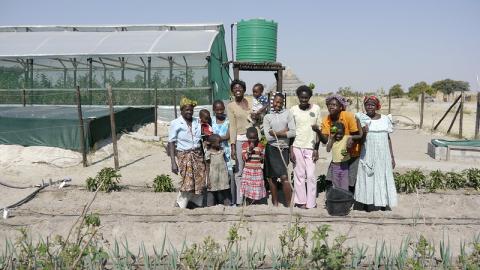Discover hidden stories and unheard voices on land governance issues from around the world. This is where the Land Portal community shares activities, experiences, challenges and successes.
 Follow our
Follow our
Sustainable Development Goals
Blog Series!
Interested in land corruption?
Follow our Land & Corruption Blog Series
for in-depth perspectives from the experts.
Issues
Geographical focus
By Paolo Groppo, FAO (R) Territorial Development Officer, grandfather of the Land Portal
The Land Portal Foundation, in partnership with Transparency International, hosted the webinar titled "Breaking New Ground: Insights and Stories on the Impact of Land Corruption on Discriminated Groups in Africa." The webinar brought together a panel of distinguished experts to delve into the challenges and complexities of corruption intertwined with discrimination in land rights and governance. This session provided crucial insights through detailed case studies and expert analyses, offering pathways towards more equitable land management practices.
In last month’s News Digest, we posed a question:
Members of the House of Chiefs discussing Zambia's National Land Policy at a meeting organised by Zambia Land Alliance (Photo: Jesinta Kunda, ZLA)
Weighing gold (Photo: Enough Project, via Flickr, CC BY-NC-ND 2.0 Deed)
How could a problem that affects at least 1,5 million people in a country like Brazil be so unheard of? How could so many families be evicted from their homes by public authorities, or with their endorsement, when staying at home was one of the main measures to contain a global health crisis, such as the Covid-19 pandemic?
Razina is different. Unlike most people in Madagascar, his skin is pale. His hair is blonde and his eyes are a light shade of pink. Razina has albinism.
He became aware of just how different he was at a very early age. When he arrived at school for the first time, all the other children teased and harassed him. The bullying continued throughout his time at school. “They treated me as less than human, like a dog,” he recalls.
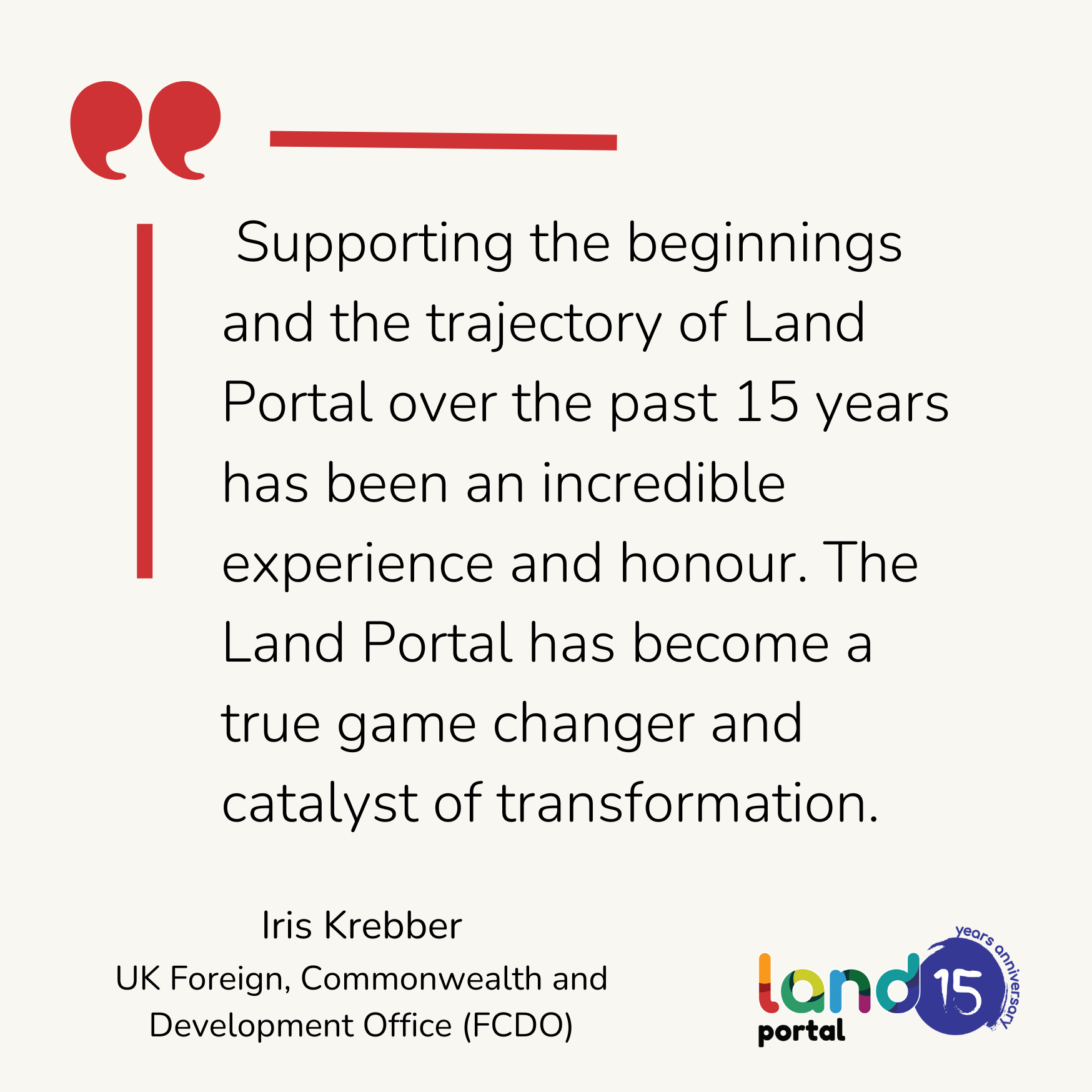
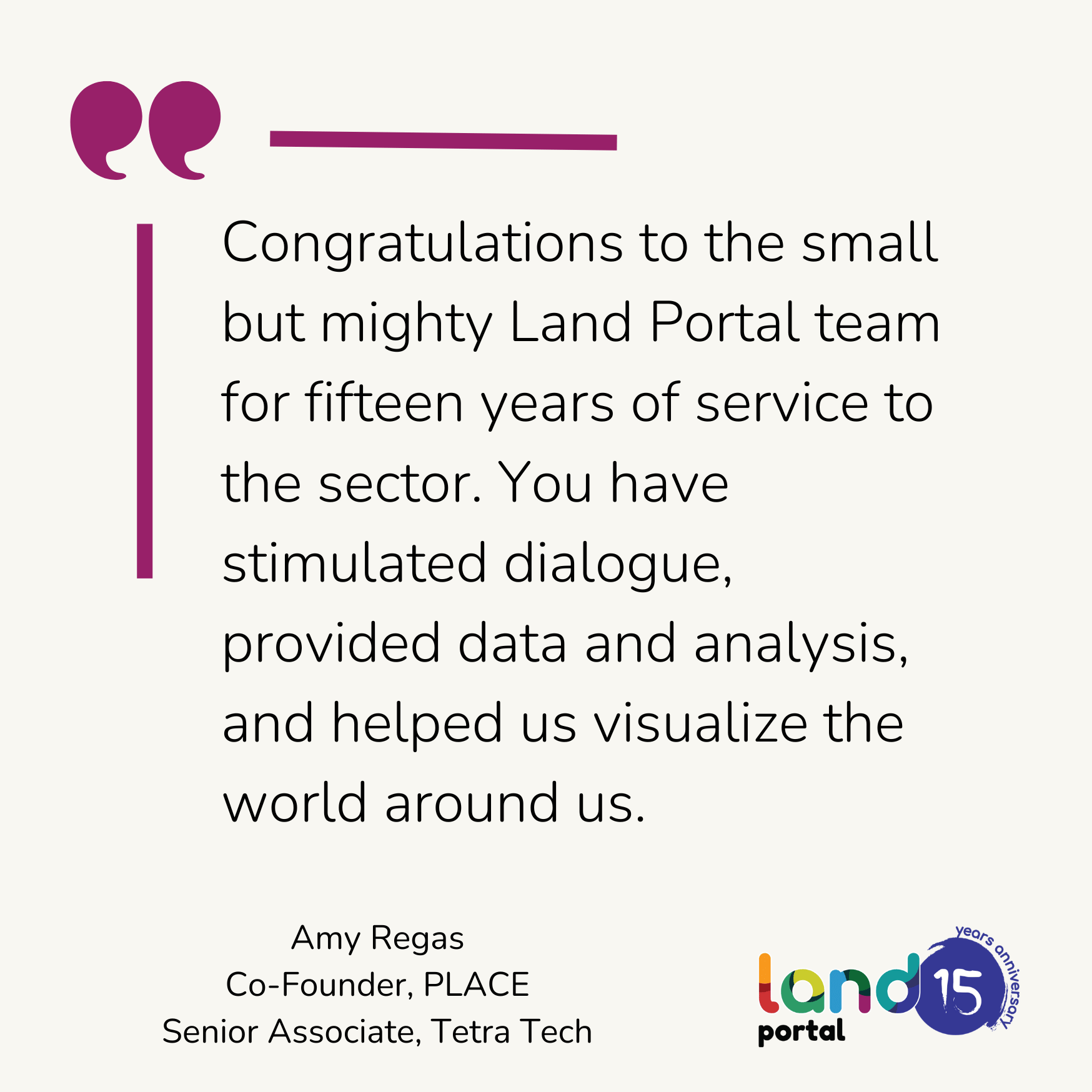
Iris Krebber and UK's FCDO (then DFID) figured prominently in the early days of the Land Portal. Read this recollection to see how Iris inspired Laura Meggiolaro as the Land Portal was being launched as an independent organization.
My heart aches for all those who have lost their loved ones from the tragedy facing Kenya today as the death toll nears 100. Heavy rains have lashed Kenya in recent weeks, causing widespread flooding that has displaced thousands, destroyed infrastructure, and devastated livelihoods.
Climate change poses an existential threat to ecosystems, with potentially far-reaching impacts on agriculture, forestry, wind and solar energy, and other land-based investments. These investments can also further exacerbate detrimental climate change impacts if they are not sustainably implemented.
Photo: Farmers at the CuveWaters Green Village in Epyeshona, Northern Namibia, photo by ISOE Wikom, sourced from flickr, CC BY-NC-SA 2.0 DEED license

